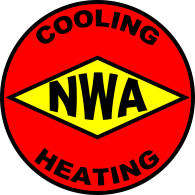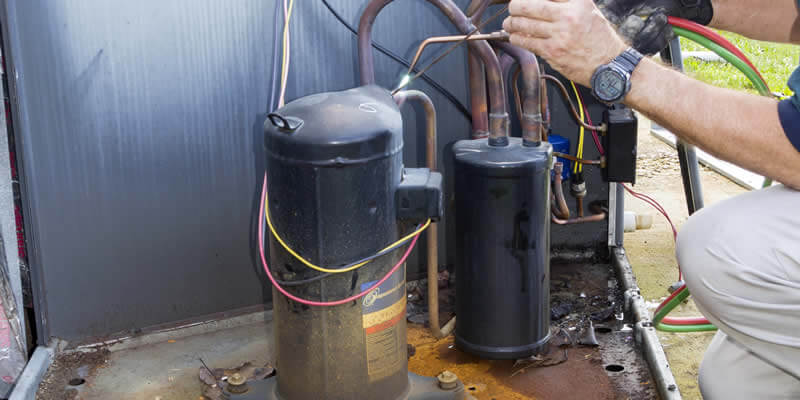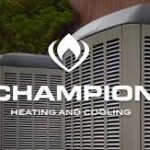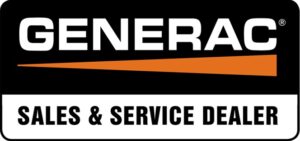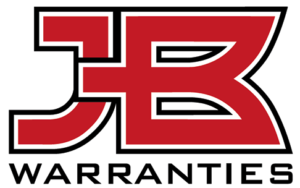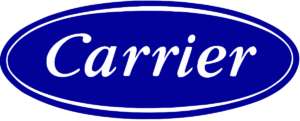There are a lot of things that can cause your air conditioner to stop working. Some just result from age and normal wear and tear. Others can be prevented. Maybe it’s a loose wire or maybe it was a lightening strike. So let’s look at just one component within your HVAC system, the compressor.
What is a compressor? A compressor is the heart of your system. It pumps the blood (refrigerant) through the system. This refrigerant is what removes the heat from your home. This refrigerant absorbs heat from your home and discharges it outside. The compressor is what pumps it through the system. (There’s a lot of other parts that are involved but we’re keeping this simple). Why are we focusing on just the compressor? Easy, it’s one of the most expensive parts in your system and many failures can be prevented.
(1) Dirty Coils
You have 2 coils in your system, an evaporator coil and a condenser coil. Either being dirty can lead to premature compressor failure. Compressors are designed to pump vapor and not liquid. A dirty evaporator coil will lead to the refrigerant not absorbing enough heat and some will remain as a liquid. This liquid refrigerant can break internal compressor parts or wash the oil away from parts that need lubrication. A dirty condenser coil causes the compressor to have to work harder and run at higher temperatures. This often results in severe electrical failures.
(2) Low Refrigerant Charge
Proper refrigerant charge is not only important for you system to cool efficiently, it’s also important to help keep the compressor cool.
(3) Too Much Refrigerant
Again, proper refrigerant charge is important. Too much refrigerant can lead to liquid returning back to the compressor. As we already know from above, compressors don’t like to pump liquid. This is one of the leading causes of compressor failure.
(4) Dirty Filters
Sometimes one of the easiest things to do is the most neglected. Replacing your filter is one of the most important things you can do yourself to keep your system healthy. Dirty filters will do the same thing as a dirty evaporator coil. They restrict air flow and prevent the refrigerant from absorbing enough heat to convert the refrigerant from a liquid to a vapor. Compressors don’t like liquid.
(5) Power Surges & Lightening
Mother nature and your utility company are often working against you. There’s not much we can do to prevent lightening strikes but we can still prevent or reduce the risk of damage. What are power surges? Well, even with modern technology, utility companies still have some issues with power surges. Power surges are fluctuations of voltage that come to you. Most are small and not noticeable. Some are large enough that you may even notice a change in brightness of your lights (if your still using incandescent).
So how can I prevent these?
The answer is fairly easy.
- Make sure you have a competent company service your equipment regularly. While this seems easy, not all companies are equal. At NWA Cooling & Heating we our technicians continually train to learn about new equipment and new procedures. Our technicians are also participating in the NATE certification program. As of March 2021, there are 111,574 HVAC companies in the US. Only 5,358 are NATE certified companies. Only 10% of all HVAC service technicians in the US are NATE certified technicians.
- Replace your filter regularly. Consider using a filter subscription service to have them delivered to your home on regular intervals. NWA Cooling & Heating has this available from our website. Visit the SHOP to buy online at prices comparable to Amazon, Home Depot or Lowes.
- Install a whole home surge protector. These range in price and effectiveness. NWA Cooling & Heating has basic surge protectors & the EMP Shield which is a military grade surge & EMP protection device. If you purchased a high efficiency system from us within the past year, you may already have a basic surge protector installed.
For more information, call (479) 579-8728!
Tom Calhoun
Owner
NWA Cooling & Heating
